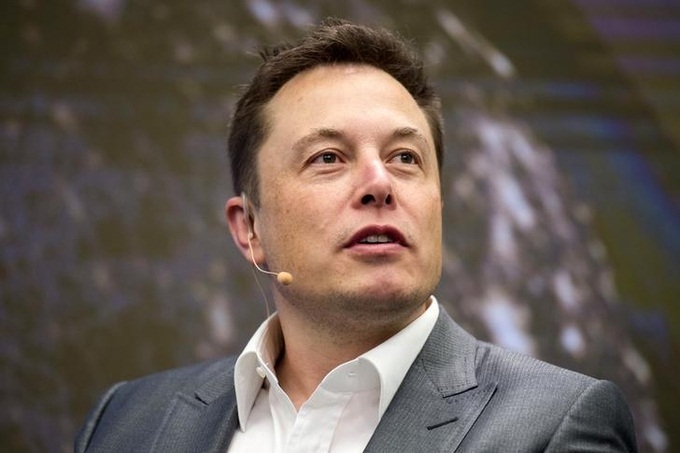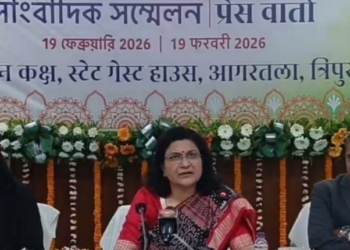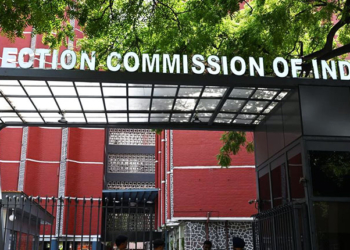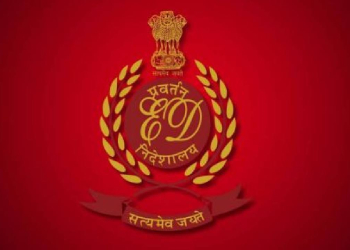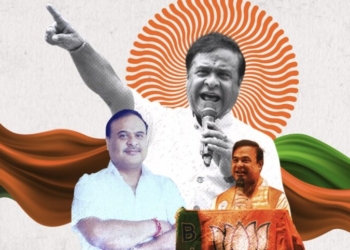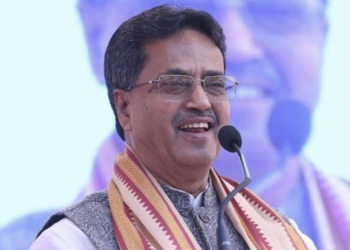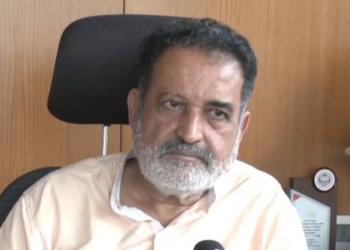Bengaluru: In a major development, the Karnataka High Court on Wednesday delivered its verdict in the case of Elon Musk-led social media platform X Corp, formerly known as Twitter Inc, versus the Union of India, concerning freedom of speech and alleged unchecked censorship. The Bench emphasised that regulation of social media is necessary and upheld the Centre’s authority, through the Sahyog Portal, to block content in this regard.
The Bench headed by Justice M. Nagaprasanna passed the order in the case and stated that regulation of social media is must and the challenge by ‘X’ to onboarding Sahyog portal is without merit.
Unregulated speech under guise of liberty results into lawlessness, the Bench underlined.
The High Court also dismissed X Corp’s plea which sought a declaration that Section 79 (3)(B) of the Information Technology Act does not confer authority on the Centre to issue information blocking orders.
Justice Nagaprasanna while delivering the verdict stated, “The content on social media must be regulated and its regulation is a must, more so in cases of offences against women in particular, failing which right to dignity as ordained in the Constitution gets railroaded.”
“From Messengers to WhatsApp and Instagram, all forms of communication have always been regulated, globally and locally. Except for Indians, no one could have the right to freedom of speech. Even in the United States, restrictions have been imposed on X. The Central government cannot impose any control over the use of the Sahyog Portal,” the Bench stated.
Senior counsel K.G. Raghavan has represented X, and Solicitor General Tushar Mehta and Additional Solicitor General Arvind Kamath have made their submissions for the Union of India.
X Corp filed a writ petition in March, seeking an interim order to protect itself from what it alleged were “coercive actions”.
The “Twitter vs. Union of India” matter, also known as X Corp vs. Union of India, was a legal battle before the Karnataka High Court where Elon Musk-owned X Corp sought a court order against the Indian government’s alleged misuse of the IT Act to censor content and block accounts, particularly regarding the Sahyog Portal. X has called this portal a “Censorship Portal”.
The core of the case was X Corp’s argument that these actions violate free speech, threaten their business model, and represent an attempt to bypass established legal procedures and create an unregulated censorship system.
X Corp challenged the government’s use of the Information Technology (IT) Act, specifically orders under Section 69A and the alleged misuse of Section 79(3)(b).
This isn’t the first confrontation as in 2022, X Corp challenged Section 69A orders for blocking entire accounts, but the Karnataka High Court upheld the government’s authority.
The petition maintained that the government’s requests include removing content from Opposition leaders and critics, which X Corp believes undermines its role as an intermediary.
The company asserted that the government’s actions constitute a blatant attempt to create a censorship system without established legal procedures or oversight.
However, the counsels representing the Centre had submitted that the government’s power to block information online is outlined in Section 69A, allowing for restrictions in the interest of sovereignty, security, public order, and to prevent incitement of offences.
At a hearing on March 17, Justice M. Nagaprasanna allowed X to approach the court if the government took any “precipitative action” against it.
The government, during the hearing, maintained that no punitive measures had yet been taken against X for refusing to join the Sahyog portal.
(IANS)




